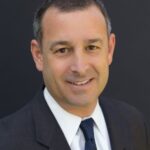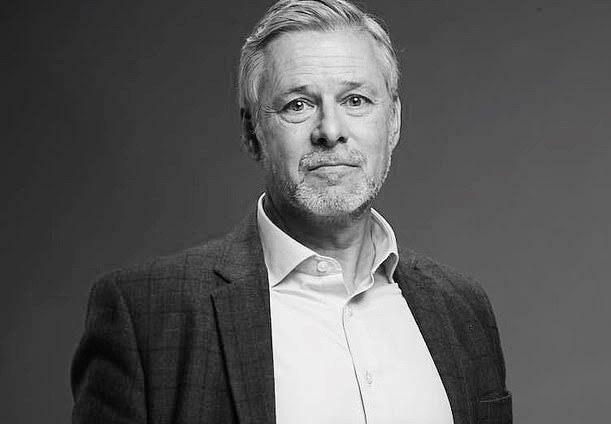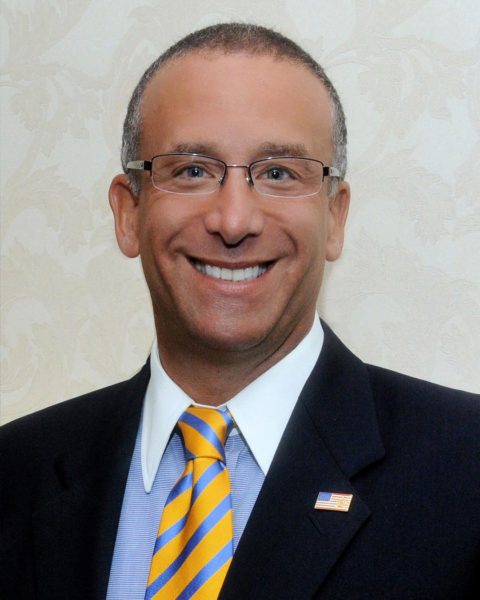
Having worked with ultra-high net worth individuals and families over the years, we have become attuned to the issues they face: heightened privacy and security pressures, invasive interest in their private and business lives, unwanted attention in a high-risk world, and being the focus of unrelenting hacker attempts to access their confidential and financial data.
Attorneys, family offices and security teams go hand-in-hand with reputation management. We work in tandem with one or more such experts when planning crisis responses and reputation repair programs during engagements with ultra-high net worth clients.
With that in mind, we checked in with Charles Marino, CEO of Sentinel Security Solutions, LLC, who works with ultra-high net worth families and other high-end clients. 
A former supervisory special agent with the United States Secret Service, Mr. Marino previously served under three presidents and is presently a prominent Global Security Expert. He has extensive experience in the development and execution of complex security and operational strategies, plans, protection programs, and budgets for the U.S. government, high net worth clients, major sports teams, and Fortune 500 companies. He is a frequent contributor on major news networks, providing expert analysis on tops of national and homeland security, and law enforcement. He is also a contributor at The Hill.
Your view is that keeping clients safe includes reputation safety. Can you explain what you mean by that?
Clients work a lifetime to create their own personal reputations and “personal brand.” In many instances, they are also closely connected to a major corporate brand based on their position within a company. Keeping in mind just how much a security-related incident can negatively impact reputational management and vice-versa, it is important to identify what items encompass a thorough security operation when creating protection plans and procedures. While the physical safety and security of the client is the most obvious concern to many, it is certainly not the only. It is essential to identify and mitigate all threats and hazards that, if left exposed, could cause the same reputational damage to clients as physical threats. The myriad of additional threats which could directly impact the client’s reputation include poor cyber security and insufficient asset protection.
Cyber security is an area that cannot be ignored or handled by unqualified people. An initial and ongoing cyber assessment should always be conducted by a qualified company to safeguard a client’s personal and business communications, photos, smart homes, etc. Poor cyber programs are certain to jeopardize client privacy and increase reputational risk.
Asset protection is also essential. A breach of any asset is highly likely to draw attention to the client. Various plans can be put in place that do not always require full time physical protection of assets. Each client and environment is unique in this sense.
Ultra-high net worth individuals are frequent targets of intelligence gathering. How does your work prepare and defend against that?
To understand the intelligence landscape associated with clients, an initial overall threat assessment is conducted to assess the general level of public interest, available public information, and risk based on lifestyle. The assessment includes items such as a client’s overall recognizability, wealth, public profile, publicly known assets, family, businesses, unusual directions of interest, and, if applicable, existing security programs.
The creation of a comprehensive protective intelligence program, including ongoing threat assessments, provides the metrics and information necessary to form the initial foundation of a comprehensive security and reputation management program.
Protective intelligence programs should primarily be proactive in nature to identify and mitigate vulnerabilities. A successful program allows for the adjustment of a client’s security posture when needed in response to any adverse information and analysis. This is the key to staying ahead of potential incidents and threats.
Finally, for many ultra-high net worth clients business has come to the home even more, and especially in light of the ongoing pandemic. Similar to corporate business environments, periodic technical countermeasures surveillance sweeps should be undertaken at the home to search for and detect potential electronic eavesdropping devices.
What do you wish your clients knew that —too often, you find —they do not?
First, that security does have a return on investment. Quite simply, a properly constructed and implemented security program allows for clients to be more effective and efficient in their daily activities and businesses by eliminating unnecessary risks and distractions associated with all facets of their lives.
Second, the client should be active in their own security. Communicate with the person you hired who thinks about security as their full-time job. The participation of the client allows for the creation of a successful and dynamic security plan.
How do your crisis management and communications plans help to save reputations as well as mitigate and repair reputation damage?
The plans I create for clients are unique to them and their family office structure, and account for a wide array of possible scenarios. It is important to identify decision makers who need to be part of a crisis management team and, more importantly, who doesn’t. If not undertaken correctly, having the wrong people at the table in a time of crisis will be detrimental to the client.
An organization’s crisis management team is the mechanism for responding to a crisis and mitigating further damage – efficiently! They are responsible for setting preexisting response plans to specific incidents in motion and offering recommendations to the client on further response and mitigation steps. If a scenario has not been planned for, the crisis management team is the consensus on a proposed response.
Crisis management drives crisis communication. How you successfully or unsuccessfully manage a crisis will drive the narrative. Similar to preparing security plans for various scenarios, the same holds true for preparing press statements in advance that can be quickly augmented to allow for rapid communications when required. To preserve the client’s reputation, being prepared for the successful management of a crisis is necessary and should be practiced before an actual crisis.
This is part of our continuing series of interviews with experts whose work relates to online reputation management.



